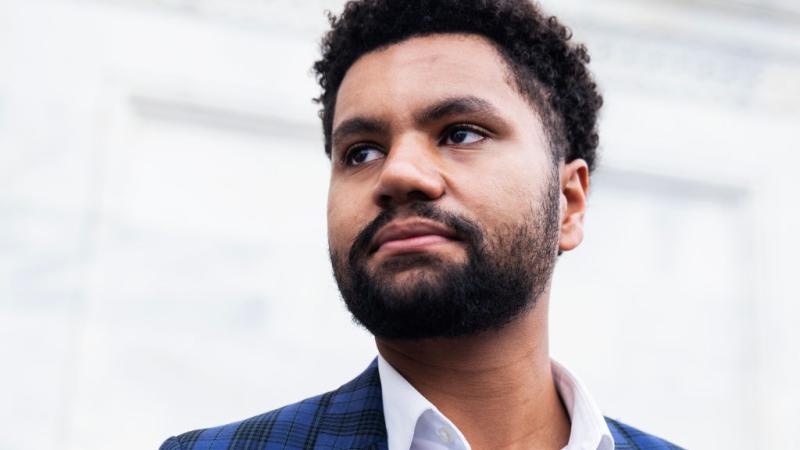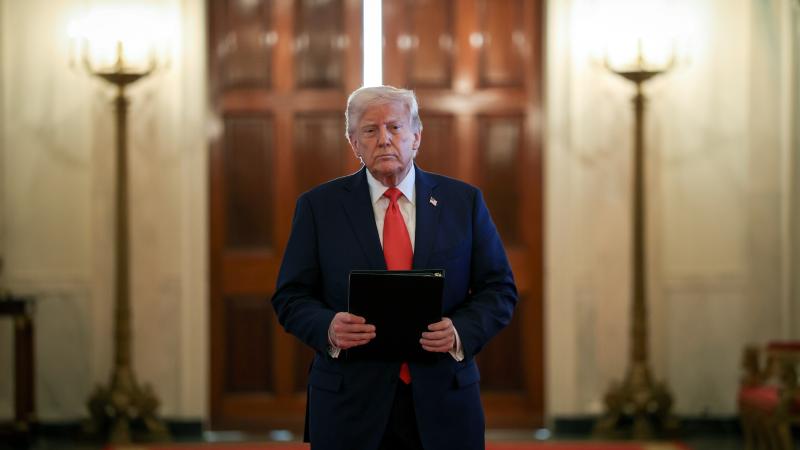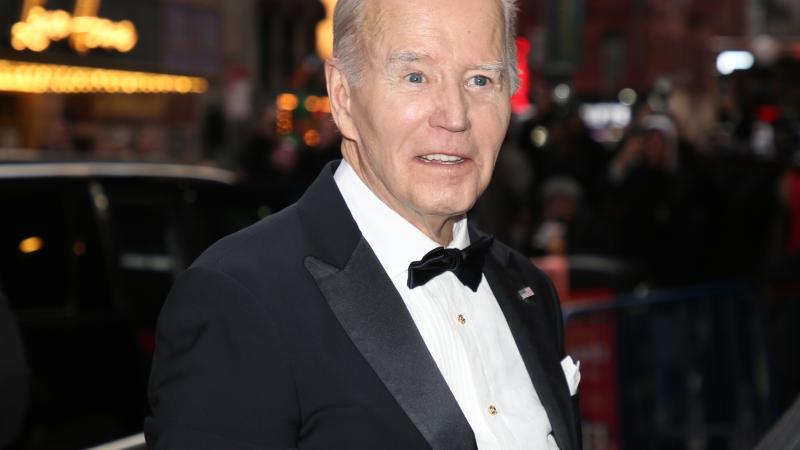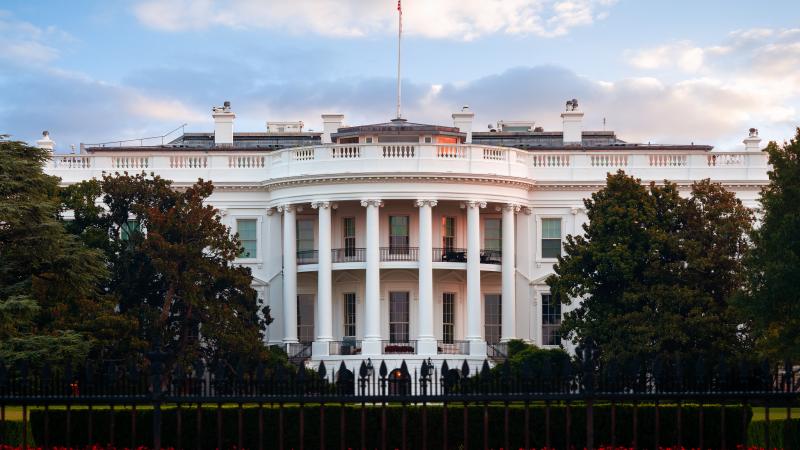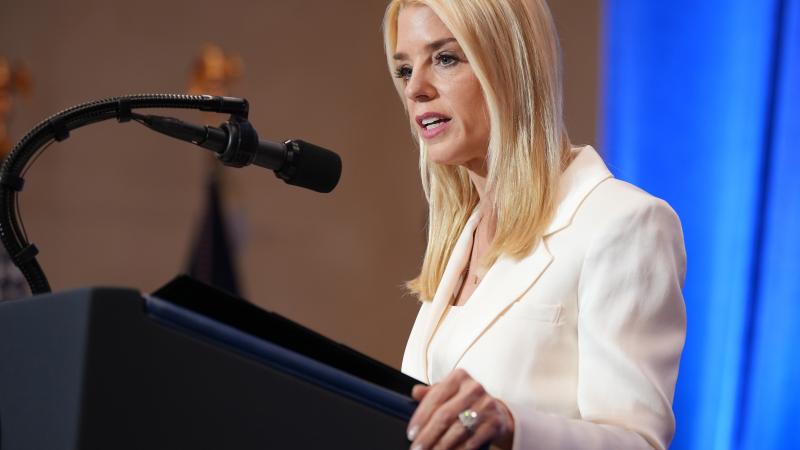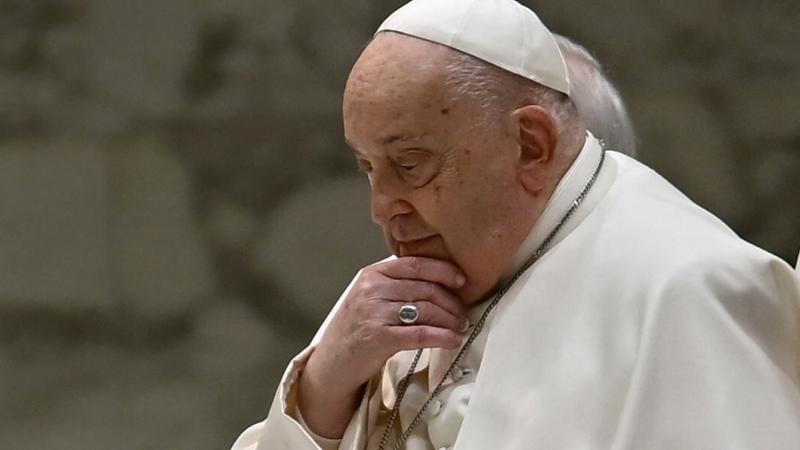Milley ripped for skirting Congress, telling journalists China feared U.S. attack
"You chose to talk to reporters instead of us, and that's of great concern," Rep. Michael Turner (R-Ohio) said to the joint chiefs chairman.
America's top military officer came under fire from lawmakers Wednesday for speaking to book authors and journalists about international security issues without first discussing those issues with Congress.
The flashpoint erupted over the revelation that Chairman of the Joint Chiefs of Staff Mark Milley told journalists that China feared being attacked by the United States, but did not relay that information to Congress.
"You chose to talk to reporters instead of us, and that's of great concern," Rep. Michael Turner (R-Ohio) said to Milley. "No one in Congress knew that one of two of the major nuclear powers thought that they were perhaps being threatened for attack."
Turner made his comments as members of the House Armed Services Committee grilled Milley as part of a wider hearing on the U.S. drawdown from Afghanistan. Milley appeared alongside Defense Secretary Lloyd Austin and U.S. Central Command Chief Gen. Frank McKenzie.
Milley was assailed on Wednesday for talking to Washington Post journalists Bob Woodward and Robert Costa for their book "Peril." In that book, the authors wrote that Milley last year telephoned his Beijing-based counterpart to assure him that then-President Donald Trump would not order an attack on China.
Milley testified that he has not read the Woodward-Costa book, but confirmed that he talked to the authors. The admission enraged Milley's critics on the committee.
In one dramatic exchange, Rep. Matt Gaetz (R-Fla.) brandished a copy of the newly released "Peril" and told Milley he "spent more time with Bob Woodward on this book than you spent analyzing the very likely prospect that the Afghanistan government was going to fall immediately to the Taliban."
Milley disagreed with that assessment, and also defended his actions as routine, saying that he speaks to the media several times a week.
"I believe that part of my job is to communicate to the media, what we do as a government, what we do as a military to explain to the people," Milley said. "I do interviews regularly with print media, books, documentaries, videos on TV, TV interviews. I think it's part of a senior official's job to be transparent, and I believe in a free press."
Outside of the hearing, Milley drew scrutiny from public affairs officers who coordinate meetings between military officials and the media. The officers questioned the circumstances surrounding Milley's contacts with the media, and whether the chairman arranged those contacts according to protocol.
Under standard procedure, a public affairs officer (PAO) is always present when a military official speaks to the press, three PAOs told Just the News.
"If Milley did not have a public affairs officer present either when talking to journalists or talking to the book people as an official part of his duty, then he is going against the norms for a senior official," said former senior Army PAO John Wagner. "As long as he disclosed that he had the conversations, it's less trouble, but it is typical to have a PAO or a [Judge Advocate General] person present when having these discussions."
Milley told the House panel that he does not regret speaking to Woodward. Additionally, he said he is not embarrassed by how he is portrayed in the book, but has qualms about the fallout.
"I'm concerned that there's mischaracterizations of me becoming very politicized as an individual and that it's my willingness to become politicized, which is not true," Milley said. "I am trying to stay apolitical, and I believe I am. That's part of my professional ethic, and I'm trying to keep the military, the actual military, out of actual domestic politics."
Key to the question is whether Milley told the book authors things that he concealed from lawmakers, Wagner said.
"If he was willing to disclose things to those folks that he was not willing to disclose to Congress and in open session, I would then call into question his motives and intent," Wagner said.
Turner in the hearing pressed the issue on what Milley said to his Chinese counterpart, Gen. Li Zuocheng.
"I want a transcript of your call with General Li, and I also want any read-outs, memorandums, notice of calls or outcomes," Turner said.
Milley has said he will produce documents requested by the committee.
Milley, Austin, and McKenzie appeared on Tuesday before the Senate Armed Services Committee, also to testify on recent events in Afghanistan.

